The Japanese-American violinist speaks to Toby Deller about getting to the core of new works
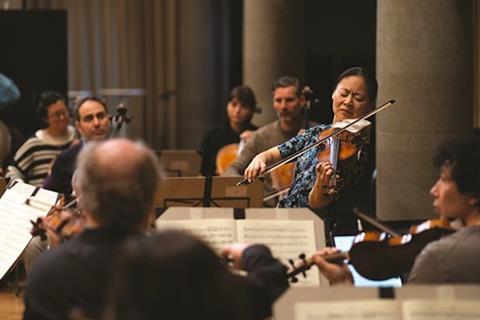
The following is an extract from The Strad’s October 2020 issue in which Japanese-American violinist Midori speaks about her approach to new works and the importance of appreciating her students’ motivations. To read in full, click here to subscribe and login. The October 2020 digital magazine and print edition are on sale now.
Tackling a newly written piece is not a task that Midori likes to approach in a mechanical way. Instead, she looks to give the music every chance to mature before she performs it, just as she would with older repertoire. ‘It’s no different from learning any other piece,’ she replies when I ask about her method for learning contemporary music. ‘It is extremely important for me that I don’t learn it in one go. Even though I might know that there’s a concert at the end of the long process, I don’t learn the piece in preparation for that particular performance. I go through the process of learning the piece a few times, putting it away and then learning it again and putting it away – maybe playing it for friends privately at the end of each cycle.’
Read: Midori: Active Listener
Read: ’He taught me how to stand up for what I beleived in’ – Midori remembers Isaac Stern
Watch: ’Sometimes my violin gets grouchy,’ says Midori
Read: Curtis Institute appoints Midori to endowed faculty chair
Although accustomed to working alongside composers as they create pieces for her, Midori is happy to remain at a remove. ‘I am open to receiving an email or a call, and if the composer asks, “Can you play this? Can you play that?” I’m happy to answer. I don’t want to get in their way, but if they ask me specific questions I’ll respond.’ She has a similar sense of responsibility when it comes to older repertoire. ‘Yes, you want to be yourself, but as a player you’re also the middle person, between the composer and the listener. Ultimately, it is the composer’s work, and just because you want to play it in a certain way doesn’t mean that you can. Sometimes the composer says very specific things, and it’s our responsibility to understand each composer’s language, character and personality – compositional character, that is – and to pursue it.’
-
This article was published in the October 2020 Midori issue
The Japanese-American violinist on performing contemporary music, recording Beethoven and dedicating herself to social causes. Explore all the articles in this issue.
More from this issue…
- Japanese-American violinist Midori
- Ensemble Diderot’s ‘cities’ project
- Lutherie in the time of Covid-19
- Tessa Lark’s ‘Stradgrass’ album
- The late Georgian viola in Britain
- Solving the mysteries of Cremonese archings
Read more playing content here





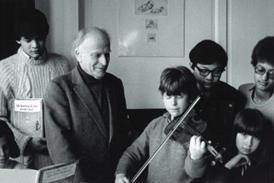



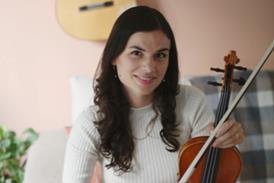
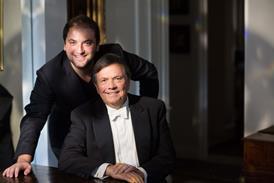
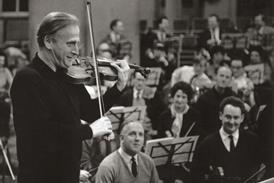


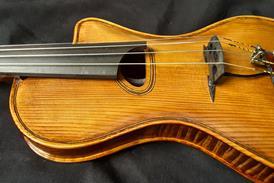














No comments yet